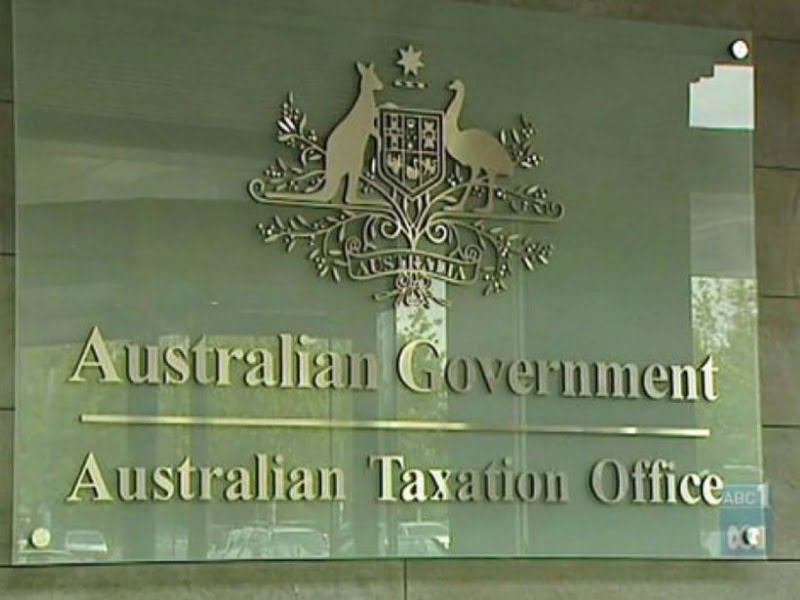The federal government will top up the modernising business registers program with $166.2 million after accusing the Coalition of hiding a $1 billion cost blow-out during its time in office.
Having thrown its support behind the “important” project in July, the 2022-23 federal Budget on Tuesday night reveals funding for the project until 2025-26.
This includes an extra $80 million for the Australian Taxation Office and Australian Securities and Investments Commission to continue the design and delivery of the new registry platform.
The remaining $86.2 million will be used by the ATO and ASIC to operate and regulate the Director ID regime, and maintain ASIC’s registry systems. DirectorID is a 15-digit identifier service that company directors will have for life.
Beyond the forward estimates, the government has earmarked a further $33.3 million between 2026-27 and 2027-28, and $15.9 million per year ongoing.

The former government began the project in 2019 to replace dozens of business registers, including the 30-year-old Australian Business Register, with a single platform operated by a one-stop shop service called Australian Business Registry Services.
The former Coalition government allocated $19.3 million to the program in the 2018-19 budget, having ditched controversial plans to sell-off ASIC’s registry business, followed by $60.6 million and $419.9 million in the following years.
But in July, the government revealed the project would cost another $1 billion to complete after being told by Treasury that the project was “not properly resourced, behind schedule, and over budget”.
The Australian Taxation Office was subsequently given another four years to complete the overhaul after it became clear the new registry platform would not be ready.
“It was well known the MBR technology upgrade was in trouble, but the former government never revealed how much. Now Treasury briefings are revealing to the Albanese government it could cost $1.5 billion,” Financial Services minister Stephen Jones said at the time.
Around half of funding allocated before Tuesday’s Budget had been spent outsourcing key functions of the project.
Consulting giant Accenture has been brought in by the tax office to deliver a large bulk of the work under the program, including system integration and UX/UI design.
The company has landed more than $200 million in contracts for work on the scheme since 2019, including a $6.5 million contract in July for security services.
New Zealand firm Foster Moore will also be paid $40 million for the software that will serve as the main registry platform.
Do you know more? Contact James Riley via Email.

